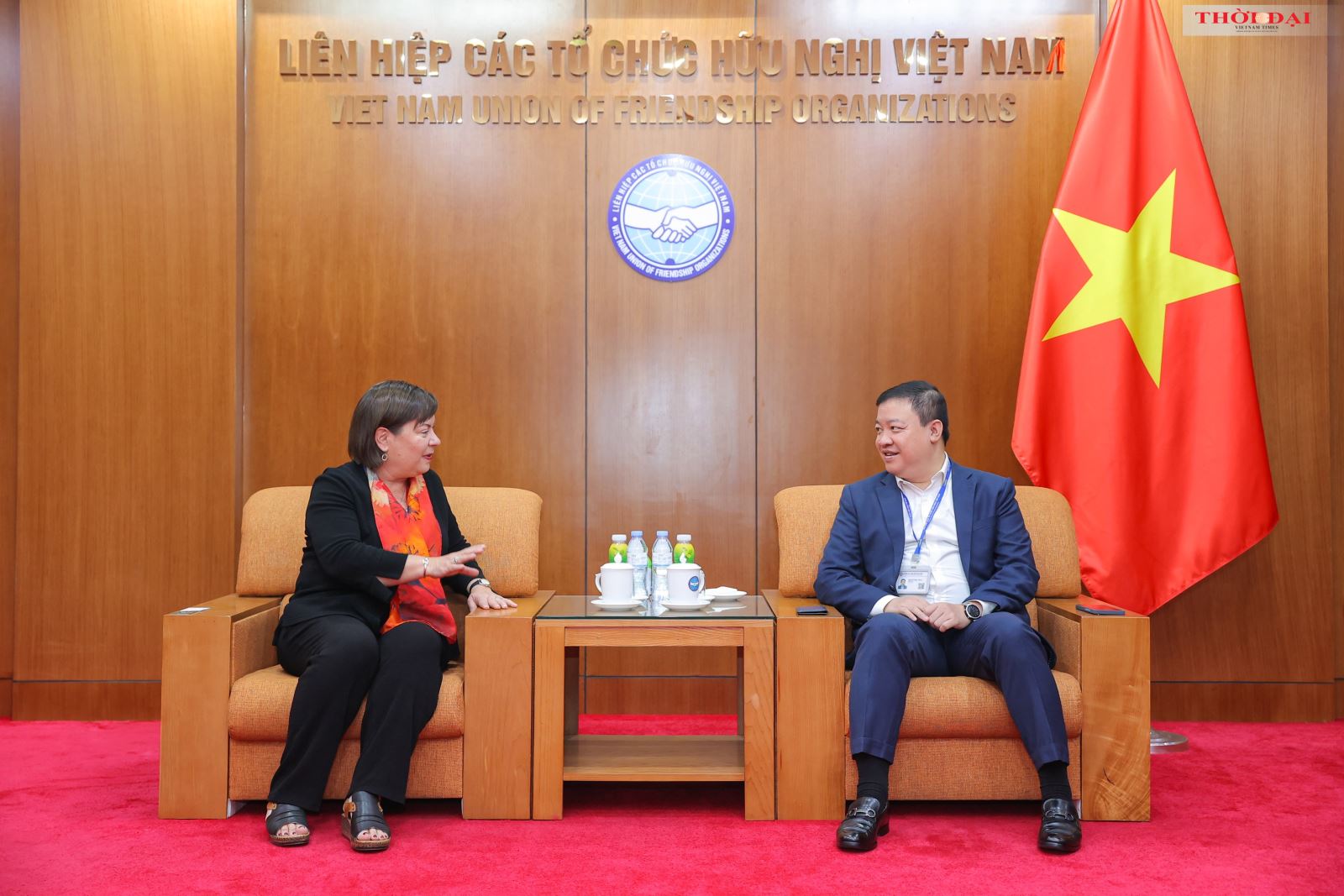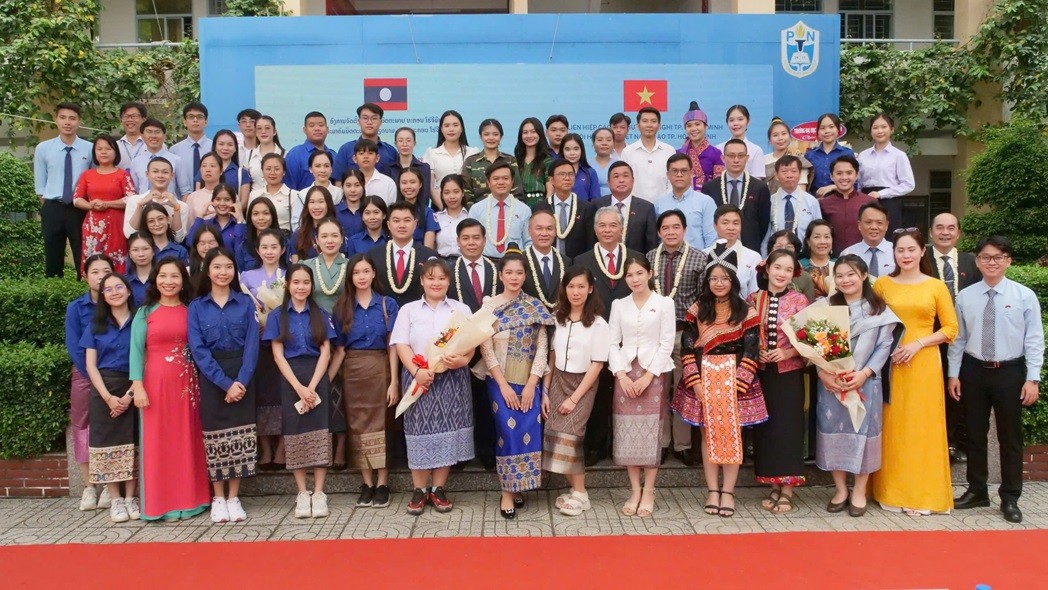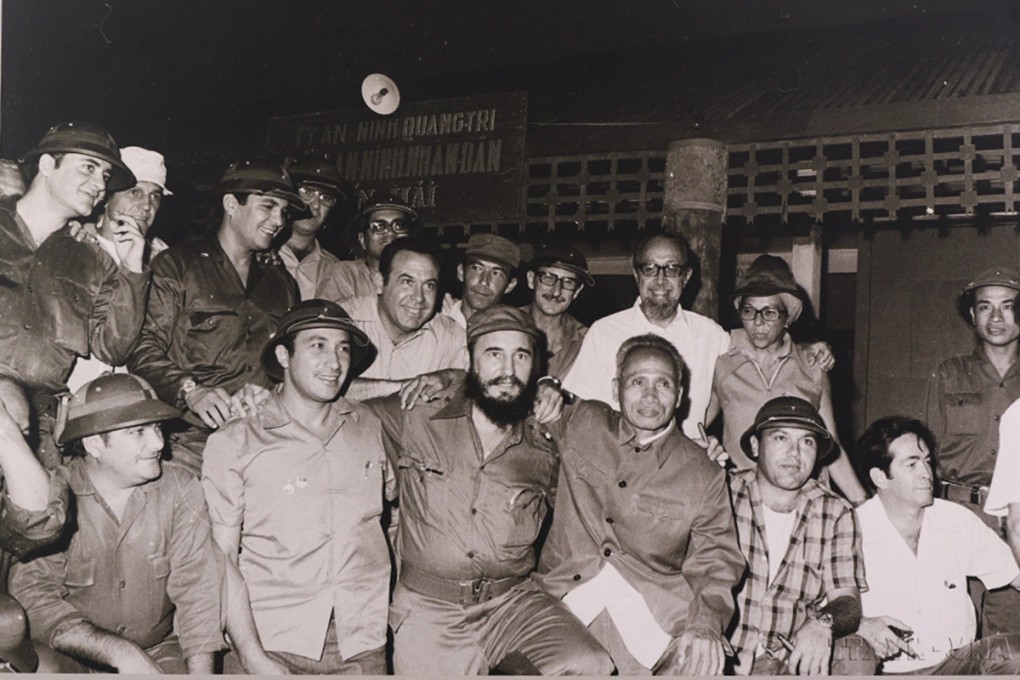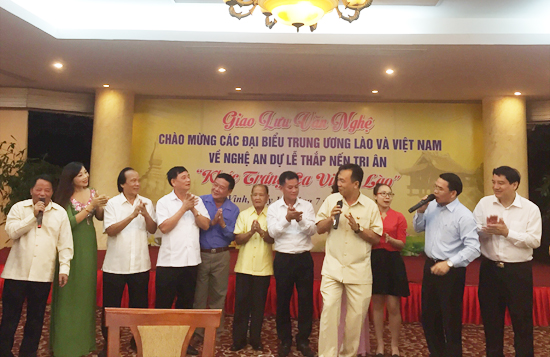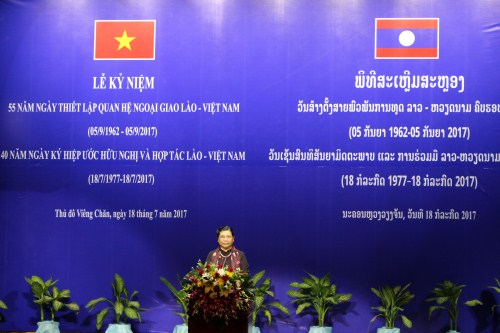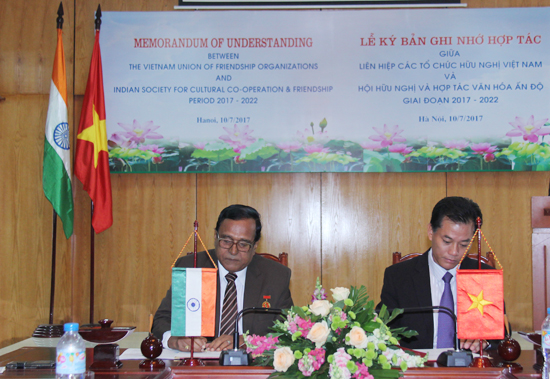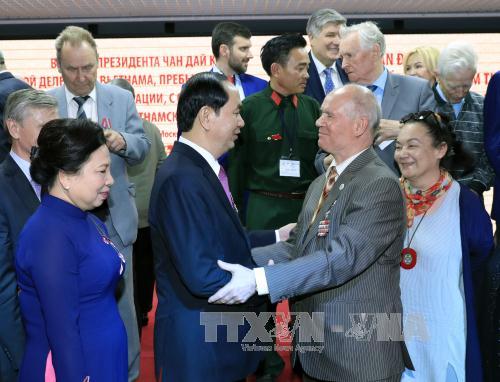
Signing ceremony of One Strategic Plan
The OSP was signed and implemented when Viet Nam began to carry out its National Action Plan to implement the 2030 Agenda for Sustainable Development.
The OSP for the period of 2017 – 2021 continues to develop the foundation for promoting the partnership among the UN, Governments, private sectors, development partners, legitimate non-governmental organizations and groups.
The OSP 2017 – 2021 is based on three principles of inclusion, equity and sustainability. It is aligned with the country’s socio-economic development strategy for 2011-2020, socio-economic development plan 2016-2020, the Sustainable Development Goals (SDGs), as well as the international human rights commitments of Viet Nam.
With an estimated budget of US$ 423 million, the OSP will give priorities to four major sectors which shaped on the basis of people, planet, prosperity and peace.
According to the Minister Nguyen Chi Dung, the Vietnamese Government has tried to perfect policies to mobilize the resources of all economic sectors developing the country. Along with other development partners, the UN plays an important role in supporting Vietnam’s development , integration and engagement in the common development of the world through providing advice and policy support for theh Vietnamese Government, sharing the country’s experience with other developing countries, and introducing specialized experience in ensuring an economy with green and sustainable growth, he noted.
Minister Dung said the OSP was signed and implemented when Vietnam began to carry out its National Action Plan to implement the 2030 Agenda for Sustainable Development.
UN Resident Coordinator Kamal Malhotra said through the new OSP 2017-2021, the UN will continue to build on its comparative advantages in providing Vietnam with integrated solutions to tackle complex multidimensional development challenges by drawing on collective regional and global knowledge, supporting a normative voice on human rights, prioritizing equity and citizen-centered reforms, and strengthening South-South cooperation.
The 18 UN agencies included FAO, ILO, IOM, ITC, IAEA, UNAIDS, UNCTAD, UNDP, UNEP, UNESCO, UNFPA, UN-Habitat, UNICEF, UNIDO, UNODC, UNV, UN Women, and WHO.
HA

